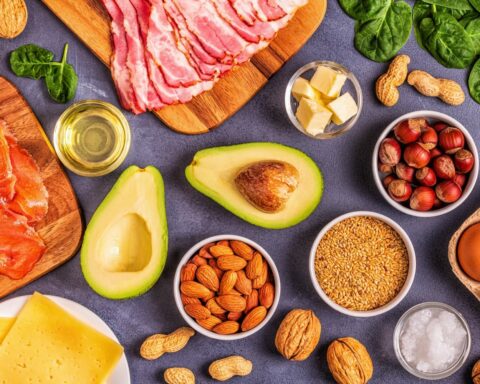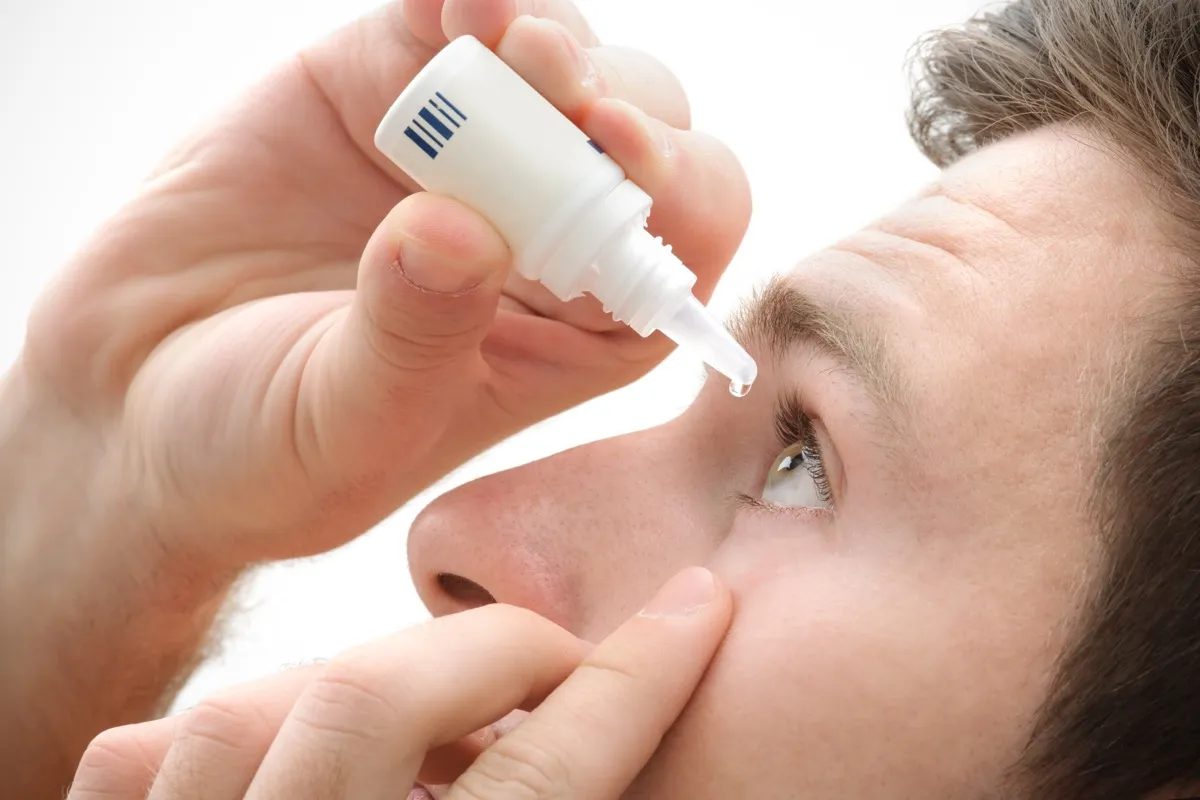Niacinis a water-soluble vitamin provided by eggs, meat, poultry, meat, greens, and fish. This type of food offers lots of benefits to humans, including improving cholesterol levels in the body, boosting brain performance, and many more.
Vitamin B3 appears to be more useful than the other vitamins. It’s available in different types, and each of them offers a distinctive benefit to the body. Stick on this page to understand how vitamin B3 works, its benefits, and the foods that provide it.
What is the purpose of niacin?
Niacin helps to convert the food we consume into energy. It achieves this function by breaking down the food consumed and turning it into a proper form to facilitate thebody’s normal functioning. Vitamin B3 is made of important coenzymes, NAD and NADP, which help with the metabolism of cellular processes. More so, itsignals cells and also makes and repairs DNA. Not forgetting that it’s a great antioxidant that flushes toxins from the body.
How do you know if you need niacin?
Not taking enough amount of vitamin B3 will affect your normal body functioning. You’ll have problems with your digestion, metabolism, and your cognitive functions. The symptoms you’ll experiencewhen lacking Vitamin B3 include; vomiting, no appetite, memory loss, headache, fatigue, depression, skin rashes, abnormal red tongue, constipation, or diarrhea.
Which individuals have higher risks of Vitamin B3 deficiency?
Those affected most by niacin deficiencyare the people found in developing countries because of having a poor diet.Those havinghigher chances of lacking this important nutrient include individuals with HIV/AIDS, people abusing alcohol and drugs, those havinganorexia nervosa and liver problems, and the poor.
What’s the required amount of niacin?
Everyone has a different requirement of Vitamin B3in the body. How much you should consume is determined by your gender, age, and overall health. Below is the recommended amount of niacin a person needs in a day.
- Pregnant women- 18 milligrams
- Breastfeeding women- 17 milligrams
- Women- 14 milligrams
- Men- 16 milligrams
- Children of 1-3 years- 6 milligrams
- Children of 4-8 years- 8 milligrams
- Children of 9-13 years- 12 milligrams
- The maximum amount for adults of all ages is 35 milligrams
In what forms are niacin found?
Vitamin B3 is found in three forms, each with its specific role in the body. They include;
Nicotinamide
It’s easily acquired through food, andit’s found in fortified foods and multivitaminsfoods. Although it doesn’t provide treatment for cardiovascular problems, it helps with skin issues, type 1 diabetes, arthritis, and offers other inflammatory abilities.
Nicotinamideroboside
It’s also known as NR and is found in the form of supplements ormilk. It boosts cognitive performance and reduces the aging effects. It’s the most effective choice for supporting brain functions and neural synthesis.
Nicotinic acid
You can get nicotinic acid from various foods. Itcontrols levels of cholesterol and prevents heart diseases. It also enhances healthy circulation. However, too much of this supplement can cause side effects like reddish and itchy skin.
How can you increase your niacin levels?
You can provide your body with more than enough niacin by focusing on certain plants and animals. As you start incorporating sources of vitamin B3 into your diet, remember that these vitamins are water-soluble. So youhave to feed on them daily because the body does not store them. Below are the best sources of vitamin B3 and the amount of niacin they provide;
- 1 brewed cup of coffee-2mg
- Peanuts 1 oz- 4mg
- 1 cup of sliced mushroom 2.5mg
- 2 slices of whole wheat bread- 3mg
- 1 cup of sliced beets- 1mg
- 3 oz-9mg
- 3 oz of beef -4.5mg
- 3 oz of salmon-8.5 mg
- A three-quarter cup of bran flakes-5mg
- 3 ozof canned fish- 8.5 mg
- A quarter cup of nutritional yeast- 46 mg
Why do you need niacin in your body?
All vitamins play critical roles in our body, and Vitamin B3 proves to bethe essential one. The benefits include;
It keeps your heart healthy and happy
Niacin is great for reducing harmful cholesterol, which usually harms the arteries. It’ll also keep your heart healthy and free from illnesses.
Offers protection against skin damage
Inadequate vitamin B3 in your diet results in serious skin sensitivity and can cause great damage when you’re exposed to strong sunlight. Taking niacin foods will protect you from UV light and minimize the risks of skin cancers.
It helps to control acne
Focusing on skin-healing abilities, vitamin B3 offers anti-inflammatory abilities that will greatly reduce the effects of acne. Applying skin creams and facial cleansers containing niacin elements will help you benefit from the treatment. However, confirm from your dermatologist which product is safe for you.
Helps with joints
Niacin can help to reduce arthritis effects and relieve joint pain. It’ll not only help with your achy joints but will also enhance the joint’s flexibility.
Promotes brain performance
Vitamin B3 enhances a well-functioning brain. Eating enough of this vitamin can protect you from Alzheimer’s diseases and other ailments associated with the brain. It reduces DNA damage, increases neuroplasticity, leads to higher production of new neurons, and decreases neural damage.
Supports healthy digestion and gut health
Vitamin B3 improves digestion performance. It ensures carbs, fats, alcohol, and anything else swallowed goes through athorough breakdown and is well digested. Having more niacin in your meals will protect you from digestive system issues and other serious symptoms associated with the gut.
Conclusion
Vitamin B3 is essential to the body, and it provides plenty of benefits to your system. Even so, it may have side effects like an upset stomach, diarrhea, itchiness, or vomiting. However, these effects will fade after a while. Persons suffering from high blood pressure, liver or kidney diseases, diabetes, and any other cardiovascular issue should consult the doctor before using niacin supplements. Vitamin B3,when not taken properly, may harm the liver, cause stomach ulcers, interfere with glucose levels, damage the muscle, decrease blood pressure, and many other issues. Still, niacin is a must-have requirement for the body. Take it in the right amounts to enjoy the benefits.
- How Long Should You Bake a Boneless Chicken Breast? - April 19, 2024
- How HØJ Became the New High - June 10, 2023
- “Sahyog-Care for You”: Empowering Communities and Creating Lasting Change - June 10, 2023









